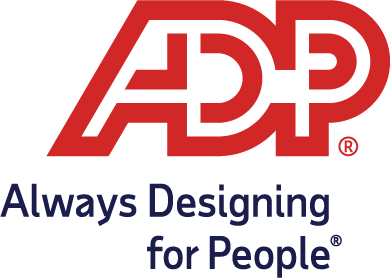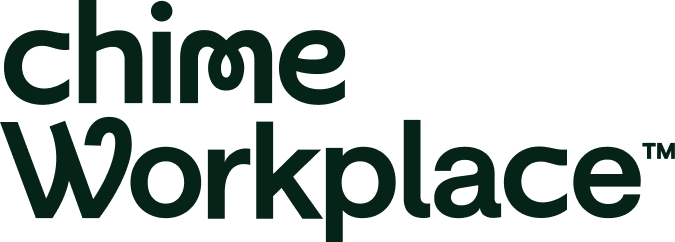Payroll
Professionals
And The Child Support Process
Payroll Professionals and the Child Support Process
Child Support
Role of Employers
Employers must report all newly hired employees and also respond to child support agencies’ requests for employment verification. This enables states to locate child support obligors in a timely manner in order to establish and enforce child support withholding orders.
Once an employer receives an income withholding order, the employer begins withholding child support from the employee’s wages. Shortly after every payday, the employer sends the withheld amounts to a State Disbursement Unit (SDU), which tracks the amount paid and forwards it on to the child’s custodial parent or guardian.
Employers may also be required to enroll children in their parents’ employer-provided health plans and may be required to withhold health insurance premiums from the employees’ pay. When an employee who is paying child support terminates employment, the employer must notify the child support agency that issued the order.
These procedures are most often carried out by payroll professionals.
Benefits of Direct Withholding
It is important that employers understand their responsibility in the child support process. The direct withholding process can help reduce stress for parents who owe child support, as well as for the families that will receive the money.
By withholding child support payments directly from an employee’s pay and sending them to the proper recipient — most often a SDU — employers relieve the noncustodial parent of the responsibility for making sure a payment gets to a child’s custodial parent regularly and on time. Parents who make child support payments late may face a hefty fine. Meanwhile, the custodial parent is assured money for a child’s food, clothing, and other necessities.
Benefits for Taxpayers
Direct withholding streamlines the payment process and eliminates the opportunity for absent parents to delay or neglect payment responsibilities. In all too many cases, families who are owed child support — but don’t receive it from an absent parent — are forced to seek taxpayer-funded public assistance. On the other hand, most families who receive the child support they are owed are able to remain financially independent.
Medical Insurance Coverage
In many instances, employers will be responsible for withholding from an employee’s pay not only cash child support payments but also money that will be directed to cover the medical insurance costs of that employee’s dependents.
Employers required to do this will receive an order from the court or child support enforcement agency telling them to do so. A child who has health insurance is much more likely to get quality medical care, stay healthy, and avoid needing publicly provided medical care.
New Hire Reporting
New-hire reporting represents an additional responsibility for employers in the child support enforcement process.
Once the states receive new-hire information from employers, the information is shared with a national database. This process has enabled enforcement officials to identify hundreds of thousands of noncustodial parents and get them on a child support payment plan.





